Croatia Understands Best What Ukraine Is Going Through, FM Says
ZAGREB, 9 May 2022 - Croatia is the youngest and only EU member state which experienced the kind of aggression Ukraine is experiencing, so it understands best what it is going through, Foreign Minister Gordan Grlić Radman said on Monday on the occasion of Europe Day.
"We know what's going on, we know how they suffer, we know how proud they are, we know how brave they are and we know they are not allowing their identity to be attacked," he added.
EU membership has brought Croatia additional protection, security and opportunities for growth and development, which is why Croatia is practically predestined to encourage enlargement, the minister said.
He also spoke of his visit to Ukraine yesterday with Prime Minister Andrej Plenković, during which they talked with President Volodymyr Zelensky, Prime Minister Denys Shmyhal and Parliament Speaker Ruslan Stefanchuk.
"We visited the towns of Irpin and Bucha, which were bombed without reason or motive, houses were razed to the ground, civilians killed and thrown into a mass grave, 400 of them," Grlić Radman said.
On the occasion of Europe Day, the European Parliament's Croatian office organised numerous events and workshops focusing on young people as 2022 was designated European Year of Youth.
In the context of the Russian aggression on Ukraine, the EU's importance as a community of solidarity, values and rule of law was underlined.
Speeches were delivered by the head of the office, Violeta Simeonova Staničić, the head of the European Commission Representation in Croatia, Ognian Zlatev, Ukrainian Ambassador Vasyl Kyrylych and French Ambassador Gael Veyssiere.
Congratulating young people on Europe Day, Kyrylych said Europe was a strong international community which put up a strong resistance to the Russian aggression on Ukraine.
"They are calling what is happening in Moscow today a victory parade. Victory is not a parade, victory is not a thing, victory is the wisdom and solidarity of the international community, victory is when leaders of peoples visit the guardian of Europe," he said.
"That's what the strong do, that's what the wise and those who look to tomorrow do. Ukraine's big friend, the Croatian prime minister, did that, visiting Kyiv yesterday with the foreign minister," he added.
Zlatev said the role of young people was more important than ever and called on them to use the possibilities and the potential at their disposal, highlighting the Erasmus+ project.
Europe is at your disposal. Research, science and innovation are at the centre of the Union's strategy to stimulate growth and employment, he added.
2022 should have been the year of big recovery, of coming out of the pandemic, of economic growth, of green recovery and digital transition, said Simeonova Staničić.
But, because of the Russian aggression, the struggle for peace and security now comes first, she added.
For more, check out our politics section.
Koprivnica in Final Running for Prestigious European Capital of Inclusion Title
April 9, 2022 – Numerous social and demographic measures and activities carried out in the city’s institutions have been recognized at the European level. Koprivnica Mayor Mišel Jakšić announces the European Capital of Inclusion and Diversity Award.
Last week, as Lokalni.hr writes, Koprivnica received great news from the European Union capital, Brussels: confirmation of entry among the 23 finalist cities in the run for the European Capital of Inclusion and Diversity Award. As many as seven Spanish cities entered the final for this important award, including Barcelona and Bilbao; four cities from Germany (Cologne, Mannheim), three from Italy (Bologna), two from Romania, Belgium, and Sweden, and one each from France, Croatia, and Luxembourg.
Koprivnica was among the cities that have shown a high level of responsibility in promoting and supporting inclusion and diversity in their local communities. The city government believes that learning about diversity from an early age ensures a lasting attitude, a life without prejudice, and coexistence in which diversity is a normal part of everyday life. Koprivnica is known as a friendly and smart city.
Ten percent of its population have disabilities, and the city received the Employer of the Year for People with Disabilities Award in 2008. The city administration's strategy for a unified policy for people with disabilities creates preconditions for equalizing opportunities for people with disabilities and preventing social exclusion, they explain.
The Council of National Minorities also protects the rights of minorities such as Roma who receive a different kind of support, including kindergarten. Data on assistance, programs, and activities implemented by the city administration are monitored and collected as part of quality assurance.
“Koprivnica is the only Croatian city that entered the finals of the European Capitals of Inclusion and Diversity. This is the result of numerous social and demographic measures, activities, programs, and projects that we implement in our institutions, and which are recognized at the European level. Koprivnica has been nominated in two categories, which makes us extremely happy”, emphasized the Mayor of Koprivnica, Mišel Jakšić.
For a long time, the city has been working to include members of the Roma national minority in all spheres of life, providing them with affordable kindergartens and including them in preschool education. For example, children who are still learning Croatian are provided with Roma translators. These and other measures, such as financial support, have resulted in more Roma children in pre-school, primary, and secondary education.
In cooperation with the Roma association Kali Sara, the city administration has built a children's park and a sports playground in the Reka suburb, home to many Roma. At the Pučko Otvoreno Učilište Koprivnica, founded by the City, the emphasis is on teaching children and youth that diversity is a normal part of everyday life. Their efforts include re-education and vocational education programs. The ceremony to announce the winners will take place in Brussels on April 28 this year.
For more, check out our lifestyle section.
Every 17 Seconds a Person Dies due to COVID in Europe, EC Calls for Caution in Winter
ZAGREB, Dec 2, 2020 - The European Commission on Wednesday outlined a strategy for sustainably managing the COVID-19 pandemic in the coming winter months, underscoring that every 17 seconds this infection takes a life in Europe.
In its strategy, the EC points out that winter is "a period that can bring a risk of increased transmission of the virus owing to specific circumstances such as indoor gatherings," which is why the strategy "recommends continued vigilance and caution throughout the winter period and into 2021 when the rollout of safe and effective vaccines will occur."
The European Commissioner for Health and Food Safety, Stella Kyriakides, warned of the risks stemming from gatherings and celebrations during the Advent, Christmas and New Year holidays.
"We cannot jeopardize the efforts made by us all in recent weeks and months. This year, saving lives must come before celebrations. But with vaccines on the horizon, there is also hope. All Member States must now be ready to start vaccination campaigns and roll-out vaccines as quickly as possible once a safe and effective vaccine is available."
The Commission will then provide further guidance on a gradual and coordinated lifting of containment measures.
Considering the latest guidelines for member-states, the strategy highlights physical distancing and limiting social contacts, testing and contact tracing, and safe travel.
The EC says that physical distancing and limiting social contacts are key for the winter months, including the holiday period. "Measures should be targeted and based on the local epidemiological situation to limit their social and economic impact and increase their acceptance by people."
Testing and contact tracing are perceived as "essential for detecting clusters and breaking transmission."
"Most Member States now have national contact tracing apps. The European Federated Gateway Server (EFGS) enables cross-border tracing," says the EC.
Pandemic fatigue
The Commission says that "pandemic fatigue and mental health are natural responses to the current situation."
Member States are urged to follow the World Health Organisation European Region's guidance on reinvigorating public support to address pandemic fatigue. Psychosocial support should be stepped up too.
Bled Strategic Forum: Europe Needs More Solidarity Now
ZAGREB, Aug 31, 2020 - Central European leaders gathered at the Bled Strategic Forum in Slovenia on Monday, saying that during the time of the coronavirus Europe needed more solidarity and should abandon double standards for its member states.
The Bled Strategic Forum, the most important foreign policy event in Slovenia, hosted a panel discussion on the topic "Europe after Brexit and Covid-19", with the prime ministers of Slovenia, Croatia, Italy, Poland, Czech Republic, and Bulgaria, the president of Serbia and the director of the International Monetary Fund (IMF) in attendance.
At the start of the discussion, Croatian Prime Minister Andrej Plenkovic spoke about Croatia's presidency of the European Union in the first half of the year, underscoring that the maximum had been done in the circumstances of the pandemic, a crisis which "started as a health problem and grew into a crisis of all aspects of society."
Italy's Prime Minister Giuseppe Conte, who participated via video link from Rome, said that the pandemic highlighted the value of solidarity and that the EU proved that it could respond as a community of interests inspired by common values.
He added that the present crisis was a great chance for a stronger and more cohesive Union.
IMF Director Kristalina Georgieva, who too participated via video link from Sofia, said that there was the reason for optimism. Together we created ground under the feet of the global economy by creating liquidity, she said.
She underlined that the second round of financial aid to the world economy has to be tied to investments in digitization, education, and the capacity to deal with climate change that will affect us even more strongly than the coronavirus.
She added that it was natural that at the start of the pandemic each country shut itself within its own borders. However, with its Next Generation package of financial support, the EU proved that that was history and that observers from outside Europe were pleased because Europe showed its solidarity.
Plenkovic said that in the months to come it was necessary to reach a balance between national measures, which once again showed the importance of the role of states, and a European and global response, adding that there was a consensus n European policy that it was necessary to fight the coronavirus together.
Democratic standards topic at Bled Strategic Forum
Hungarian PM Viktor Orban denied the accusations against his country, saying that democracy in Hungary was at the same level as that in Germany and Italy, but based on a Christian and not a liberal model. He added that Europe needed a joint army that would be the driver of technological innovations.
Polish Prime Minister Mateusz Morawiecki said that inequality still existed in the EU as far as freedom was concerned because companies from the Union's east did not have the same opportunities as those in its west.
We have to retain solidarity and unity in Central Europe but also be a part of the European Union. The Central European dimension is different but it is not contrary to the EU, he said.
Janez Jansa, the prime minister of the host country, accused European policy of being hypocritical in 2014 because it did not condemn "election thievery" in Slovenia when he was a "political prisoner", while today it is condemning countries where there are no political prisoners.
Serbia's President Aleksandar Vucic spoke about double standards in western Europe, citing as an example attempts to storm the parliaments of Serbia and Germany.
When that occurred in Belgrade 27 people were arrested and that was presented as a dictatorship, and when such an attempt was made in Berlin and more than 300 people were arrested, that was then proof of democracy, said Vucic.
Serbia wishes to join the European Union, but Brussels should show more respect, Vucic said, adding that in his country the EU is perceived as an institution that is creating pressure for Kosovo's independence which is why 40 percent of Serbia's population is opposed to that integration.
For the latest travel info, bookmark our main travel info article, which is updated daily.
Read the Croatian Travel Update in your language - now available in 24 languages
Cinestar Cinema Chain Wins Prestigious Title of Best in Europe!
Cinestar's cinemas include 23 multiplexes with 145 digitised halls in eleven cities across the Republic of Croatia.
As Sergej Novosel Vuckovic/Poslovni Dnevnik writes on the 9th of April, 2019, the Cinestar cinema chain is the best cinema exhibitor in the whole of Europe, and Blitz-Cinestar is a true example of a company whose achievements, projects, growth and leadership in the industry continue to new standards and push the boundaries of this field.
The well known cinema chain won its new prestigious title after being rated by the International Cinema Association (UNIC), which brings together cinemas from 37 European countries and surrounding regions.
The award will be accepted by co-founder and board member of Blitz-Cinestar Hrvoje Krstulović in June at the CineEurope Cinemas Congress in Barcelona, Spain.
As previously stated, Cinestar's cinemas include 23 multiplexes with 145 digitised halls across eleven cities in the Republic of Croatia from Zagreb down to Dubrovnik, as well as in neighbouring Bosnia and Herzegovina and Serbia, with more than 23,000 seats in total, and a majority of 4.8 million cinema tickets sold in Croatia (according to CBS) for Cinestar's cinema halls.
This chain of multiplexes, which has been being managed by Blitz-Cinestar since the beginning of 2003, is the largest cinema in Croatia's close region. After Split Cinestar's 4DX in the Mall of Split won an award for the best European cinema in Europe last year, winning the title of the best cinema chain on the continent is the shining gem of this company's impressive business crown.
"It's an extraordinary honour to be able to receive this valuable CineEurope award and a pleasure and [a source of] pride that our profession has recognised our constant efforts and investments, as well as our knowledge. Our vision of a five star cinema was clearly a hit. CineStar has become a synonym for the best cinema experience in Europe, we've created a new generation of cinema chain in which we've brought some revolutionary formats like Imax, 4DX, created the Gold Class and Kaptol Boutique Cinema concepts, and destination cinemas with bars and various amenities where visitors like to spend time and everyone finds something to suit them,'' Krstulović stated.
Make sure to follow our dedicated business and lifestyle pages for much more.
Click here for the original article by Sergej Novosel Vuckovic for Poslovni Dnevnik
World Bank Foresees Croatian Economic Growth in Next Three Years
Economic growth in Europe and Central Asia slowed down to 3.1 percent in 2018, and it is predicted to fall to 2.1 percent in 2019 due to a slower rate of global growth and uncertain prospects.
As Poslovni Dnevnik writes on the 5th of April, 2019, the Croatian economy continued to grow at a rate of 2.6 percent in 2018, while in the forthcoming period from 2019-2021 moderate growth is expected at an average rate of 2.5 percent, according to the World Bank's most recent report on the latest economic trends in Europe and Central Asia (N1).
The countries of the region recorded different rates of growth. Growth at the regional level has greatly contributed to positive developments in the GDP data of Russia as the largest economy in the region, just as the accelerated growth did in Albania, Hungary, Poland, and Serbia. On the other hand, Turkey has experienced a significant slowdown in growth due to the pressure of the financial market and currency issues. Namely, in 2019, it is expected to grow by 1.0 percent, which is a significant drop compared to 7.4 percent back in 2017.
"Europe and Central Asia are vulnerable to global uncertainty and are faced with serious long-term challenges such as aging populations, a decline in productivity, a decline in investment, and climate change. It is good that there are a whole range of possible solutions available when public policies are geared towards mitigating these challenges,'' stated Cyril Muller, Vice President of the World Bank for Europe and Central Asia.
"Countries should work harder to attract investment, enhance their participation in global value chains, and ensure that more people are able to access financial services such as bank accounts and electronic payments."
Regional growth is expected to recover its power in 2020 and 2021, as it is predicted that the gradual recovery of Turkey will serve as a counterweight to the restrained activity in Central Europe as a whole. However, the long-term challenges of the region are still substantial.
Make sure to follow our dedicated business and politics pages for much more.
Croatian Company ''Include'' Continues with Exports and New Markets
At the beginning of 2019, the Croatian company Include signed a two-year distribution agreement with one of the largest global providers of telecommunications services - Deutsche Telekom.
As Poslovni Dnevnik writes on the 4th of April, 2019, 42 global markets, six continents, 260 cities across the world, more than 1000 smart benches installed, cooperation with major global corporations, the European Parliament, Deloitte, Forbes... all in just four years - this is just part of the successful results the Croatian company Include from Solin has achieved since May 2015, when the first smart bench was introduced, until the beginning of 2019.
In the first quarter, Solin's Include didn't manage to acheive any real or significant results, as most markets were still covered by snow, and the first installations usually only begin in spring, but in 2019, Include achieved significant export performance. The amount of ordered benches, when compared to the first quarter of 2018, just one year ago, increased by an impressive 109 percent to a staggering 2.3 million kuna, while total revenues increased by 115 percent.
At the beginning of this year, Include signed a two-year distribution agreement with one of the largest global providers of telecommunications services, Deutsche Telekom. The contract was signed for fifty global markets, and Include became one of the few Croatian companies with this type of somewhat prestigious contract.
In January this year, 44 Steora smart benches worth over 1.1 million kuna were sold and a new market opened its doors, Poland. The largest share of the bench sales relate to exports, and the Steora smart bench has found its way across Europe, having been delivered to Italy, France, the Netherlands, the United Kingdom, and Spain.
In February this year, Include continued its export activities - with new orders from neighbouring Montenegro, a new market opened (Chile, with two Steora Standard benches) and the month ended with deliveries of 27 smart bench to Greece, Ireland, Israel, Poland, Italy, and Hungary.
March 2019, as the ''test polygon'' for spring, resulted in orders of a new product from Include's sales portfolio - the Monna cyclo tables for Dublin. The new product was presented at the Smart City Expo World Congress in mid-November 2018 in Barcelona, Spain. In addition, two new distribution agreements were signed (Slovenia - 50 benches, France - 72 benches), five Steora benches for Chile and Bermuda were ordered, as were 38 benches for other European countries - the United Kingdom, France, and Montenegro.
It's certainly important to highlight the continuation of Include's global digital outdoor advertising project via the Steora Urban+ smart benches. After they started the project with the installation of fifteen Steora Urban+ benches in Bratislava (at the best locations in the city), at the end of 2018, the project increased its pace in March this year with the another fifteen new Steora Urban+ smart benches, this time in Dublin, Ireland.
Currently, two major cities in the European Union are using Include's external digital advertising system through the Steora smart bench, it is an advanced DOOH system developed within the company itself. The system works using Facebook-like technology, enabling you to choose multiple advertising screens at the same time, set marketing campaign goals, and track advertising results in real-time.
Croatia's Include expects significant business results in the upcoming two quarters, and in addition to that, the realisation of a new investment round is being prepared, followed by the expansion of production capacities and the recruitment of new employees.
Make sure to follow our dedicated business and Made in Croatia pages for much more.
US Portal Publishes List - Serbia More Powerful Than Croatia?
One American portal has published its list of the most powerful countries in the world, where of course, the USA comes in first place, while Croatia is ranked in a rather uninspiring 75th place. Rather more disappointingly still, it seems tha the portal has ranked Serbia in a much higher position than Croatia, in spite of Croatia's EU membership, which at least for now, appears to be a far-away dream for Serbia.
As Poslovni Dnevnik/VLM writes on the 29th of March, 2019, as was reported by U.S. The News & World Report, known for its somewhat controversial lists of top colleges and hospitals, published its list of the best countries based on the opinions of more than 20,000 people from across four different regions.
Within the list of the best countries, a podium of the most powerful countries was also published based on five determinants: leaders, economic influence, political influence, international alliances, and armed forces.
The top nine most powerful countries have remained the same as last year. The first is naturally America, described as the largest economy in the world and the country with the largest military budget.
Following are Russia and China, which are also at the top in terms of their spending on their armed forces. Then there are the long-reigning top European powers - Germany, Great Britain, and France.
The seventh place comes the economic giant Japan, followed by Israel, Saudi Arabia and South Korea, which made the jump from last year's 11th place.
The Republic of Croatia also jumped by one place, from 76th to 75th out of a total of 80 places, while this isn't particularly impressive in itself, the portal has listed it at number 30 in ''overall rankings''.
''Croatia has found itself at the crossroads of major historical movements, both East and West. These political shifts have uniquely shaped its present-day borders, which curve around Bosnia and Herzegovina in central Europe and stretch along the Adriatic Sea opposite Italy. The nation’s stunning Mediterranean coastline eases into the rugged Dinaric Alps and, continuing northeast, the fertile plains of the Danube River,'' the portal writes.
Countries are ranked in different categories, from being open to business, to how much holding citizenship means, to heritage, to cultural influence and even adventure prospects. While Croatia has done well in terms of ''adventure'', its ''power'' and ''quality of life'' statistics leave a lot to be desired for, at least according to this American portal.
Of our neighbours, Slovenia is in 78th place, Hungary 71st place, while Serbia is in a considerably higher 52nd place.
Make sure to follow our dedicated lifestyle page for much more.
Click here for the original article by VLM on Poslovni Dnevnik
Conde Nast Things to Do Before You Die: Eat Oysters in Croatia!
Most of us can make lists all day long, but we don’t always accomplish all the things that were important enough to make the list in the first place. One particular list many of us make is of the things we want to do or places we want to see before we die also called our bucket list. So in case you haven’t made your own yet Conde Nast Traveler went ahead and made one for you. They focused on just one continent and narrowed down the 50 Things to Do in Europe Before You Die.
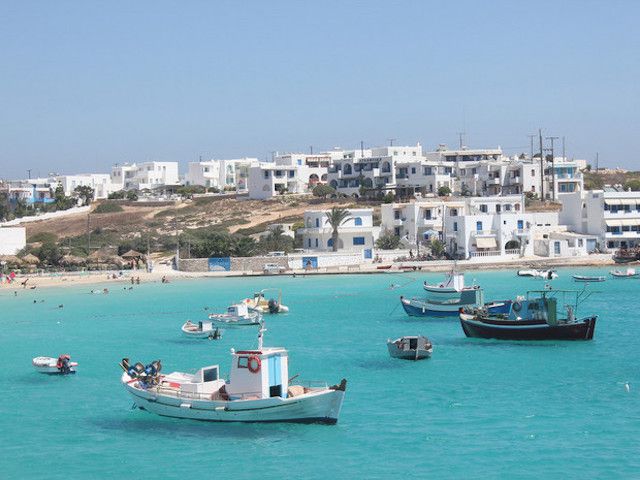
Croatia made the cut and came in at lucky #7 among it's European powerhouse neighbors such as; Amsterdam, Italy, Ireland, Spain, France, Greece, the UK and many more. Their top travel experts agree that everyone’s bucket list should include eating oysters in Croatia. More specifically from the bay of Mali Ston where they’ve been harvested since Roman times and their delicate flavor praised for centuries. Another insider tip is to wash them down with a glass of posip or white wine.

Other suggestions on the list were; skinny dipping in Sweden, sleeping in a car in Stuttgart or a castle in Scotland, taking a black taxi tour of Belfast, a train over a bridge connecting Sweden and Denmark or a carriage ride through Krakow. In Europe, traveler’s can also taste truffles in Italy, visit the highest beer garden in Germany or a viking community in Roskilde, attend a fire festival in Spain, a summer music festival in Serbia or the Balshoi Ballet in Moscow.
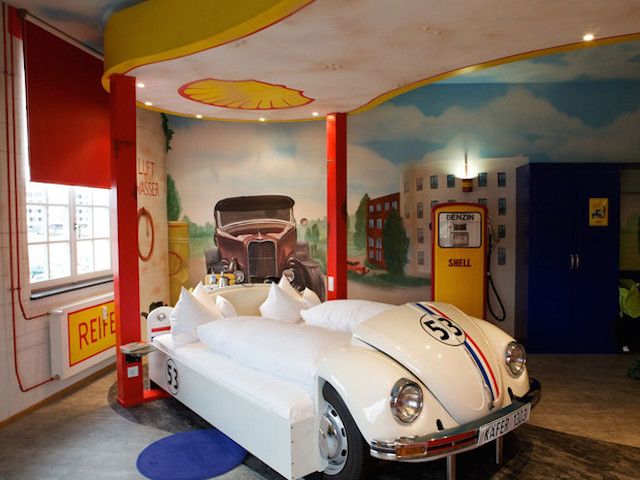
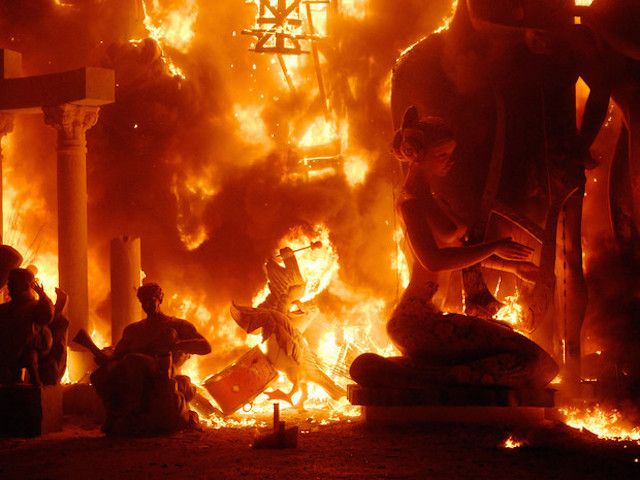
Besides eating oysters from Ston, I’ve managed to make a small dent in their list by marveling at the David in Florence, La Sagrada Familia in Barcelona and impressive Swiss Alps as well as getting lost in the louvre in Paris, on the tourist trail in Bruges and on the colorful streets of Lisbon. I’ve also been fortunate enough to enjoy flamenco in Spain, the Opera in Vienna, gelato in Rome, a beer or two in Prague, a cocktail under the Eiffel Tower and most recently took a thermal bath in Budapest on my birthday, but there’s still so much more!
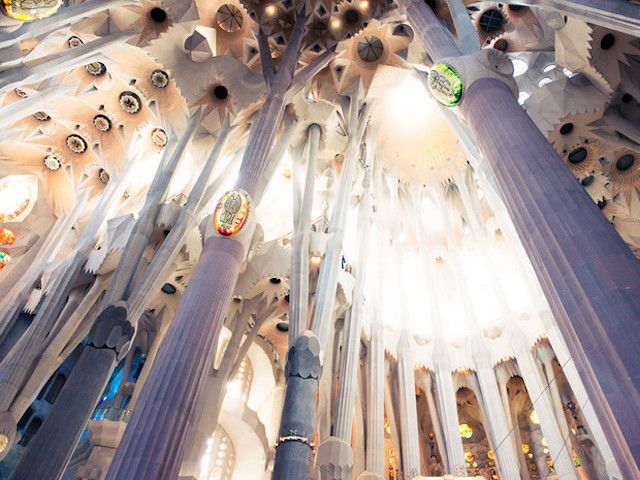
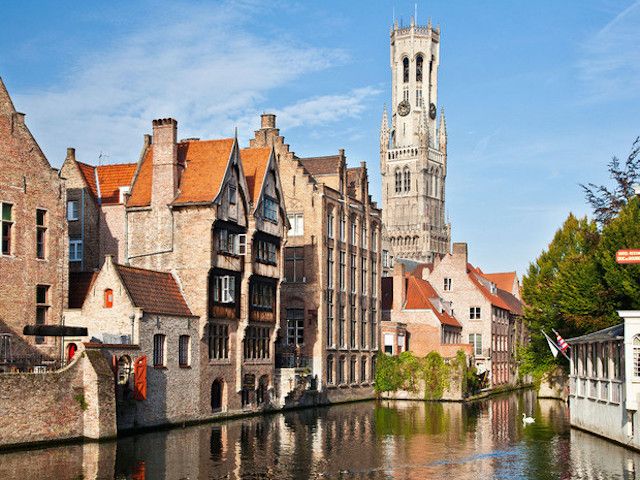
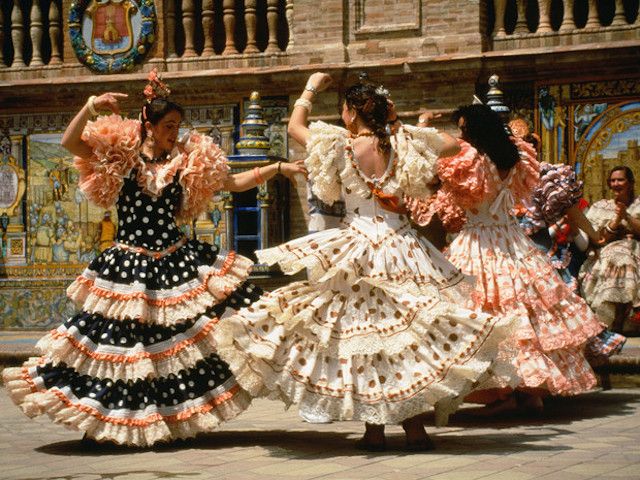
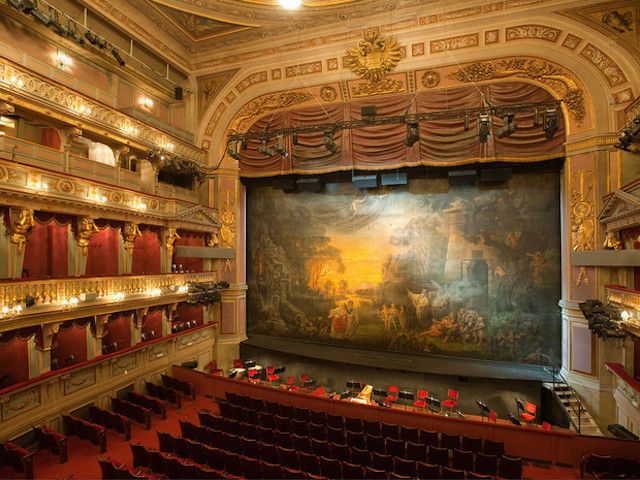
At the top of my Conde Nast Traveler to-do-list; the northern lights in Iceland, Giant’s Causeway in Ireland, Acropolis in Athens, canals in Amsterdam, shopping the Grand Bazaar in Istanbul, sailing the Greek Isles, walking the Berlin Wall, tasting afternoon tea in London and trekking to Sages, Portugal; the end of the European continent.



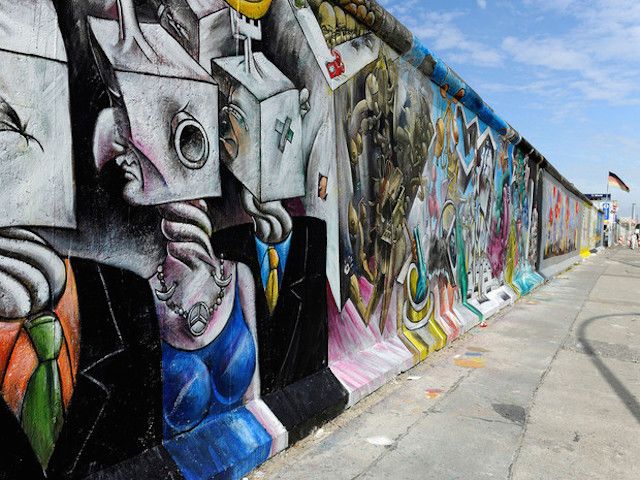
As we can see, Europe and the world is our delicious oyster, but take it from the pros and don't leave eating them in Croatia off of your bucket list!
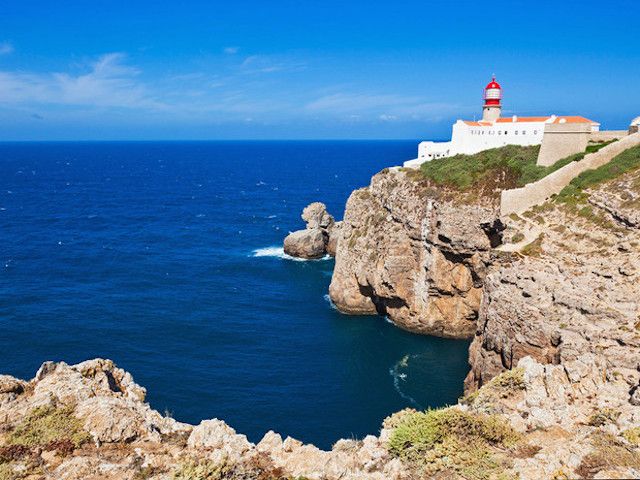
Photos: Conde Nast Traveler

